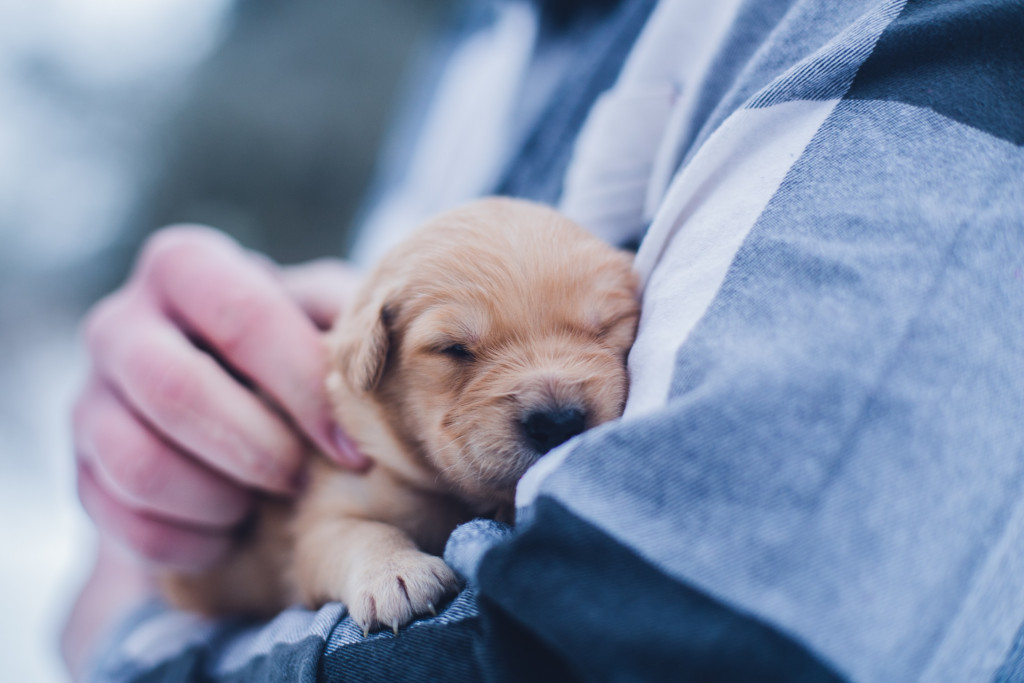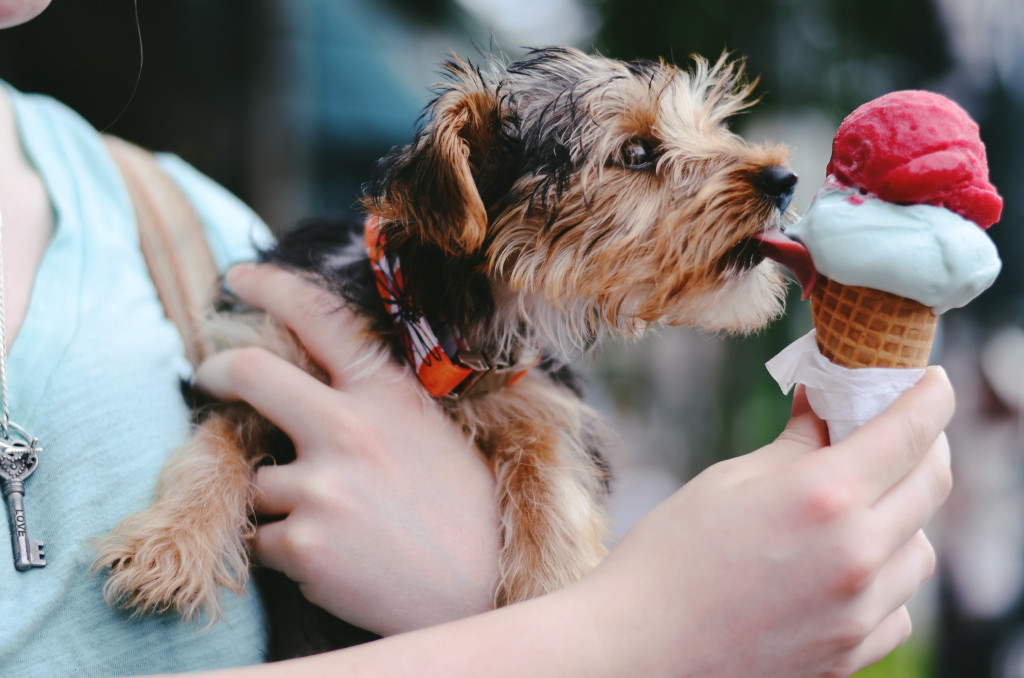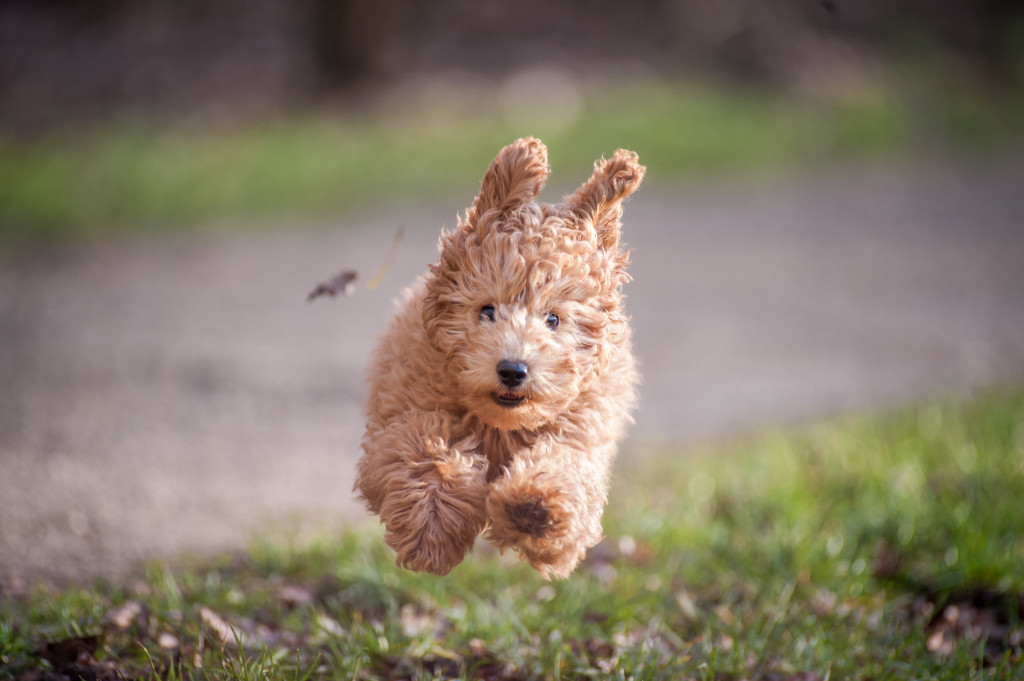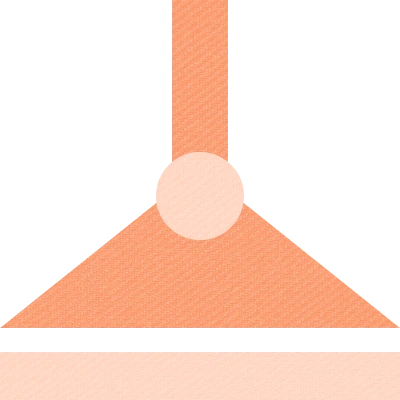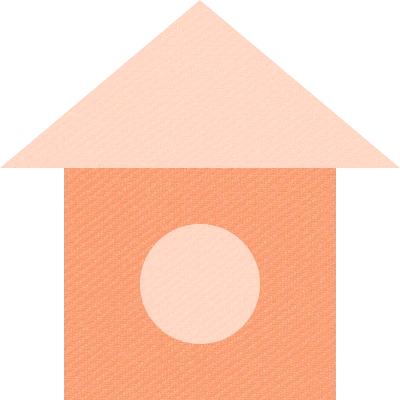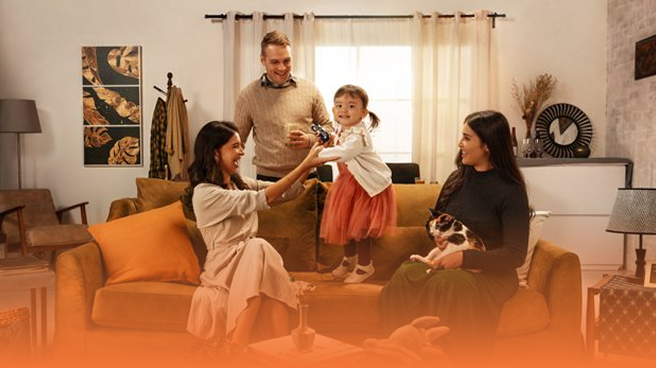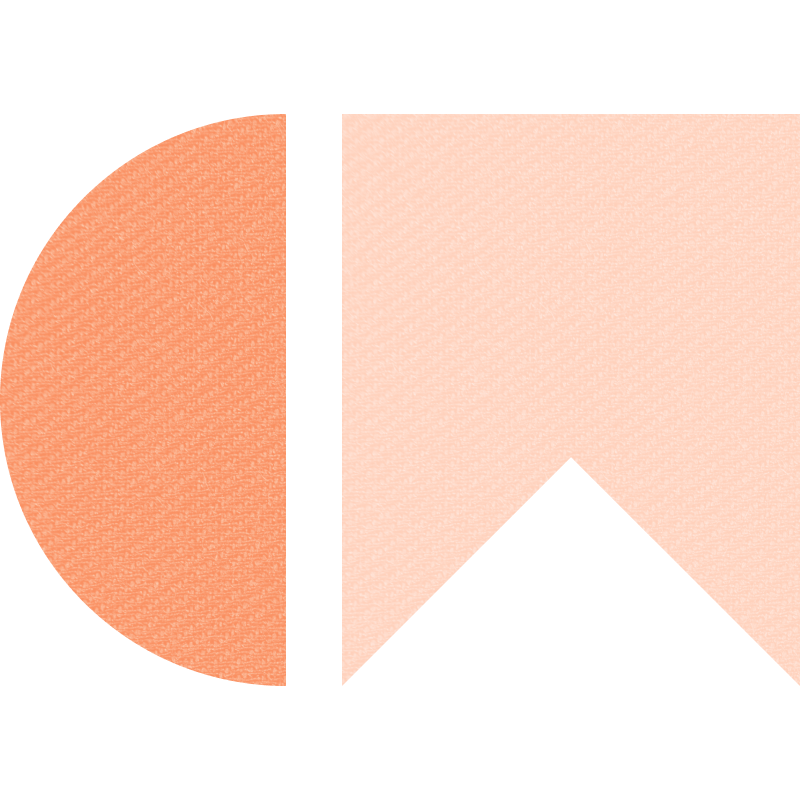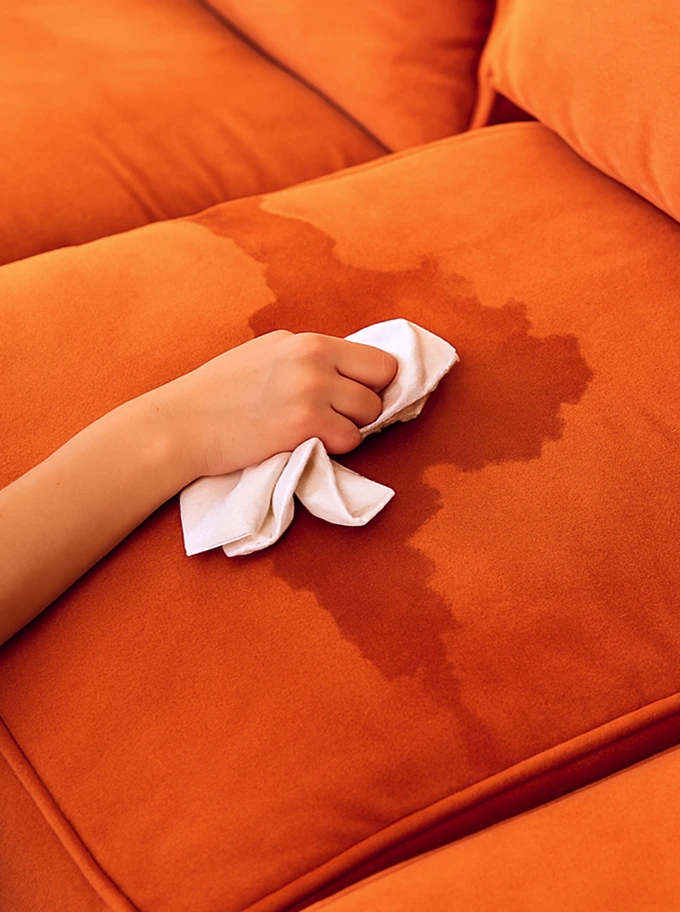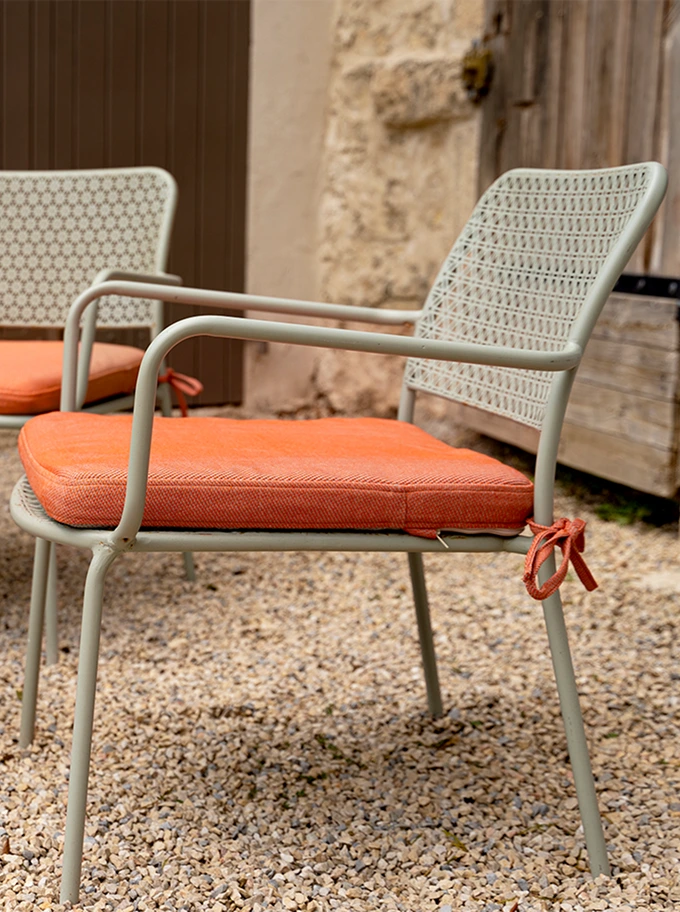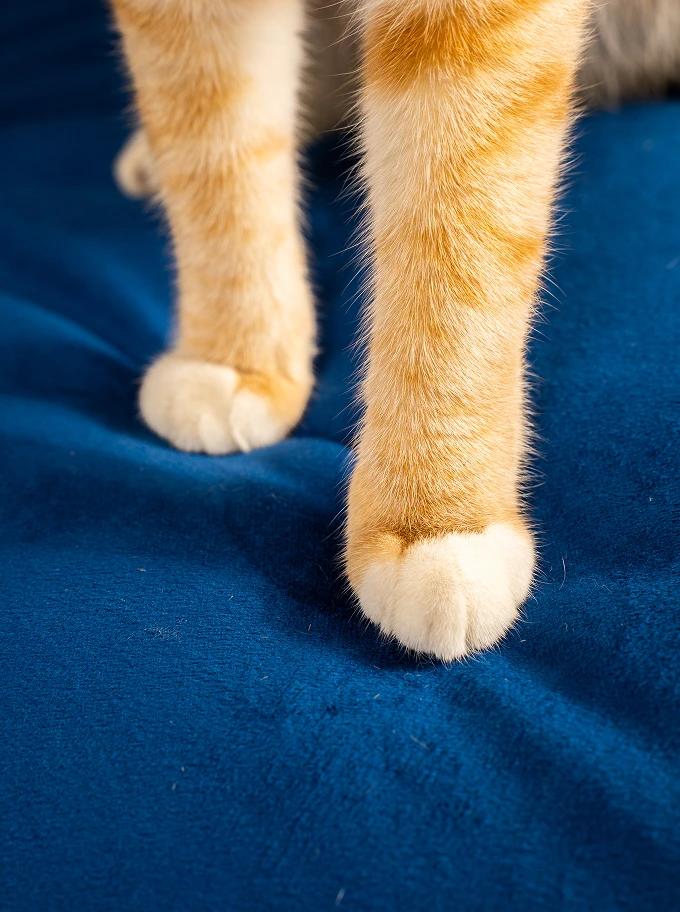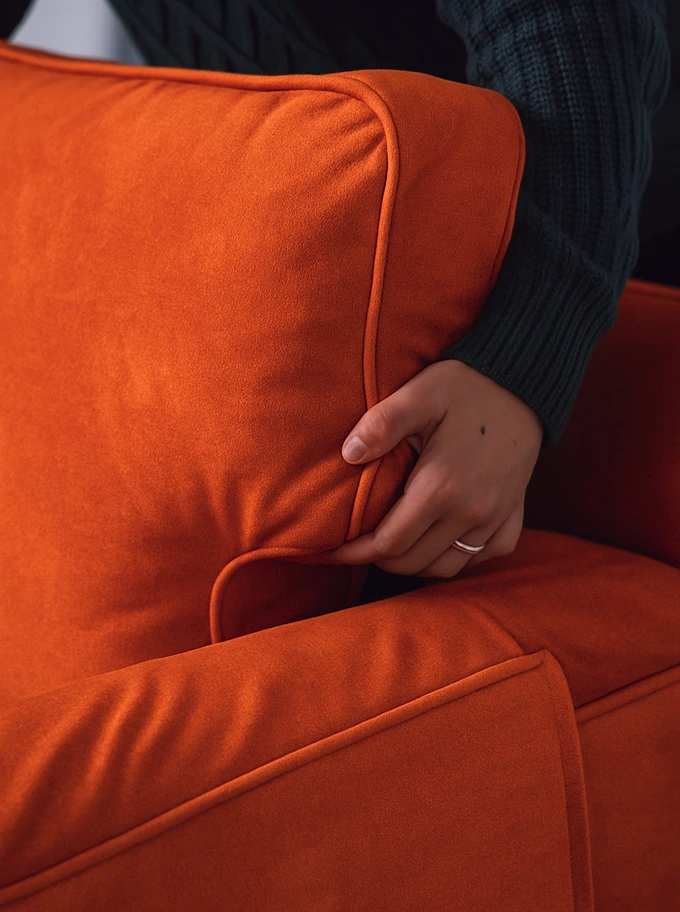
Any pet parent will tell you that adopting a new puppy can be almost as much work as having a baby.
In fact, having a new puppy requires just as much attention and care as its human counterpart.
But don’t get us wrong. Despite the time-consuming effort it takes, having a puppy is so rewarding in the long run. You have human’s best friend doting on you every second, and there’s nothing better than coming home to a furry friend wagging its tail and wriggling its body happily.
Your life will change, and only for the better. But first, you’ll need to be prepared to commit. The first 30 days will involve a lot of trial and error but, with the right attitude, you will be in love and in-sync with your new puppy.
To help you prepare, we’ve outlined your first four weeks as a pawrent.
Your puppy’s first 30 days: a week-by-week guide for new pet parents
Week 1: First vet visits and bonding basics
Aim to take your new puppy to the vet within 48 hours of bringing it home.
This is crucial in order to determine that it’s in good health, and also to get their first round of vaccinations. Your vet will likely start off by giving your new puppy a physical examination and let you know if you should be looking out for anything amiss.
Setting the right food habits start at the start
Different dogs have different attitudes to food, but establishing a routine that works for them and your lifestyle is key. There is no one-size-fits-all in this case.
Many say not to have food available all day, but some dogs eat intuitively, making it less of an issue. If you do choose to free-feed, opt for dry dog food. This way you can avoid food going bad quickly. If you’d rather schedule their feeding, try and keep it to the same times everyday for consistency. Either way, refer to your vet for advice.
Try hand-feeding in the early stages as it is a good opportunity to teach your puppy to have a soft bite. This is so they don’t lunge forward and accidentally bite your hand for a treat the next time, and discourage eating their food too quickly.
Don’t unintentionally reward unwanted behaviour by feeding it when your pup jumps or barks. Doing so will only reinforce the behaviour you don’t want, when it gets hungry.
Week 2: Socialising and playtime
Your puppy’s first 16 weeks are a social sponge period — everything they experience will shape how they respond to the world.
Spend this time building positive interactions with both humans and other animals. Invite friends over (who like dogs!), carry your puppy around different environments, and reward calm, curious behaviour. Whether it’s with other animals or human beings, make sure that these experiences are happy, friendly, and positive so your puppy will grow up to be a friendly, well-adjusted dog.
And yes — play. A lot. But don’t worry if you’re not up for a full play session after work. That’s where puzzle toys and chew-safe distractions come in handy.
Going to the vet is also a good opportunity for your new pup to meet new people and begin socialising. It’s a great way to get them used to new faces, sounds and smells.

Week 3: Puppy-proofing and creating boundaries
By now, your pup’s likely exploring every corner of the house. It’s cute — until your favourite shoe becomes a chew toy.
Start by puppy-proofing your home:
- Hide all electrical cords and charging cables.
- Store shoes, bags, and tempting chewables out of reach.
- Block off rooms where accidents are a no-go.
- Use baby gates or a playpen to limit unsupervised roaming.
- If you’ve got a garden, choose a specific spot for potty breaks and guide your pup there every time. Repetition and positive reinforcement are your best friends.
💡 Your pup’s going to test your patience — and your upholstery. Protect your sofa with a removable, machine-washable slipcover. You’ll thank yourself later. Order fabric samples now.
Week 4: Training, structure and trust-building
Now that you’ve laid the foundation, it’s time to level up. Training sessions should be short, fun and rewarding. Think of them as games, not drills.
Start with basics: sit, stay, come, down. Once you’ve nailed those, introduce practical commands like “drop it” or “leave it” — essential for keeping your pup (and your shoes) safe.
Use treats, toys and tons of praise. Puppies thrive on encouragement and structure. And remember: consistency is key. Don’t reward jumping one day and scold it the next. Clear boundaries help build trust and confidence.

What about accidents?
Oh, they’ll happen. Your puppy doesn’t yet know the rules — but they’re eager to learn. Like babies, your puppy won’t be able to control its bladder very well. Just a burst of excitement can trigger an ‘accident’.
The good news is that potty training is a relatively straightforward process, although it’ll take time and plenty of patience. When starting out, always start by bringing your new puppy out for a potty run first thing in the morning and the last thing before bed. In between, aim bring it out for a potty break after playtimes and after meals.
If you have a garden where your pup can go for its potty breaks, try designating one specific area where it can do the deed, and bring it there every single time.
If you’re not going to be home for most of the day, be sure to confine it to one area of the house with a playpen, and put its bed in one corner, with pee pads in another corner.
Puppy accidents are to be expected, so it helps to be prepared for them so you can spend more time enjoying your time with your new pup rather than worrying about avoiding and cleaning up messes.

Make your home puppy-ready
Your new puppy is going to make memories — and messes. Give your home (and your sofa) a head start with a protective slipcover that’s built for real life.
Comfort Works sofa covers are removable, machine-washable and designed to stand up to everyday puppy chaos — without sacrificing style.
Our Signature Microfibre and Signature Velvet sofa covers are puppy-parent favourites for a reason.
Both are finished with an easy-clean, spill-resistant coating that makes wiping up messes quick and stress-free. Plus, with built-in PawSafe technology, they’re tough enough to handle curious claws — keeping your sofa stylish and scratch-resistant, even with a playful pup around.
Ready to puppy-proof in style? Order your fabric samples here.
Summary
Bringing home a new puppy is a joyful (and slightly chaotic) adventure. Here’s a quick recap of what to expect in your first month as a new pawrent:
- 🩺 Week 1: Visit the vet, start hand-feeding, and build early trust through gentle bonding.
- 🐾 Week 2: Socialise like crazy — every new sight, sound, and smell helps shape your puppy’s future personality.
- 🧼 Week 3: Puppy-proof your home and set boundaries before teething and accidents take over.
- 🎓 Week 4: Kick off training with fun, reward-based routines that build trust and structure.
Accidents will happen, shoes may suffer, but with patience, love and a few well-placed pee pads — you’ll both settle into your new rhythm in no time.
💡 Pro tip: Make your sofa a safe space too with a removable, scratch-resistant slipcover built to handle puppy life. Stylish, washable, and stress-free.
